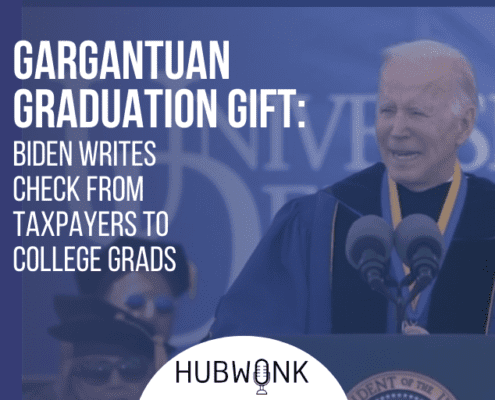Travesty of Justice: Massachusetts Drug War Collapses on Lab Scandal
/in Blog: Better Government, Featured, Podcast Hubwonk /by Editorial StaffJoe Selvaggi talks with Pioneer Institute senior legal fellow Jim McKenna about Massachusetts’ drug prosecution cases resting on evidence produced by badly mismanaged drug testing labs, and the implications for potentially hundreds of thousands convicted on erroneous, tainted, or fabricated evidence.
Guest:
 Jim McKenna is Senior Fellow with PioneerLegal. He has been an Adjunct Teaching Professor at Worcester Polytechnic Institute for more than 25 years, where he teaches courses on law and ethics. After serving as a prosecutor for a decade, including in the Organized Crime Division of the Suffolk County (Boston) District Attorney’s Office, McKenna has been in private practice for more than two decades. He lives in Millbury, Massachusetts, where he serves as Town Moderator. He is a graduate of the College of the Holy Cross and Boston College Law School.
Jim McKenna is Senior Fellow with PioneerLegal. He has been an Adjunct Teaching Professor at Worcester Polytechnic Institute for more than 25 years, where he teaches courses on law and ethics. After serving as a prosecutor for a decade, including in the Organized Crime Division of the Suffolk County (Boston) District Attorney’s Office, McKenna has been in private practice for more than two decades. He lives in Millbury, Massachusetts, where he serves as Town Moderator. He is a graduate of the College of the Holy Cross and Boston College Law School.
Get new episodes of Hubwonk in your inbox!
Recent Episodes
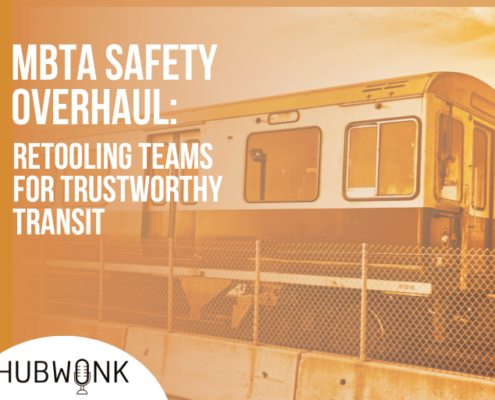
MBTA Safety Overhaul: Retooling Teams For Trustworthy Transit
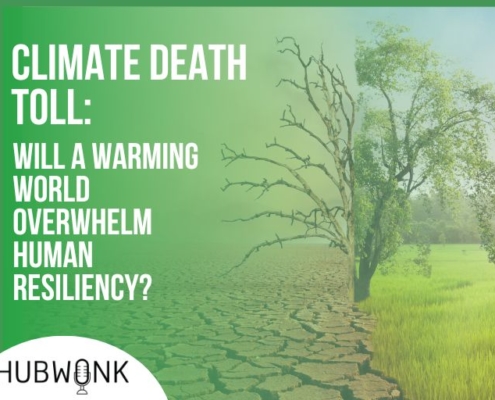
Climate Death Toll: Will A Warming World Overwhelm Human Resiliency?

Legal Property Theft: Legal Defense Against Town Taxman Taking Neediests’ Deeds

Right To Save: Paying Healthcare Consumers To Shop For Value
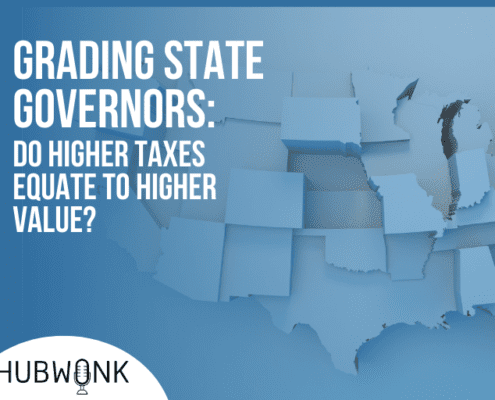
Grading State Governors: Do Higher Taxes Equate To Higher Value?
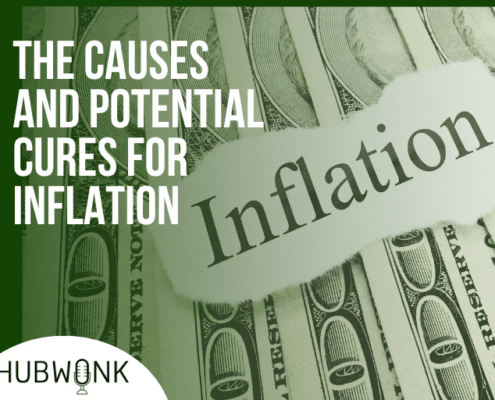
The Causes and Potential Cures for Inflation
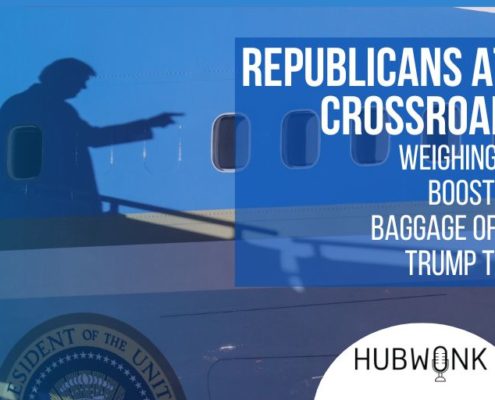
Republicans at a Crossroads: Weighing the Boost and Baggage of the Trump Train
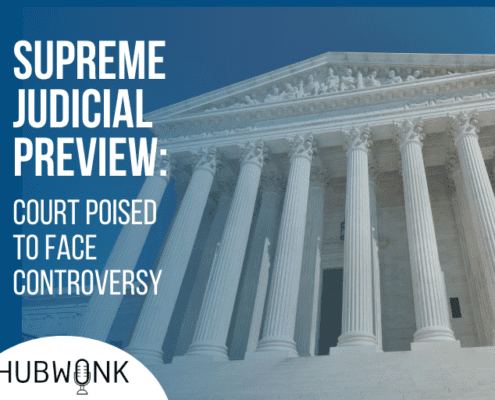
Supreme Judicial Preview: Court Poised To Face Controversy
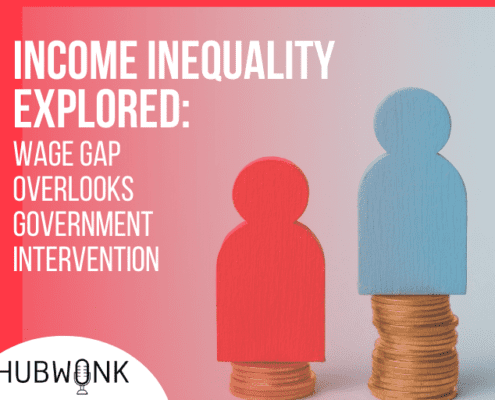
Income Inequality Explored: Wage Gap Overlooks Government Intervention
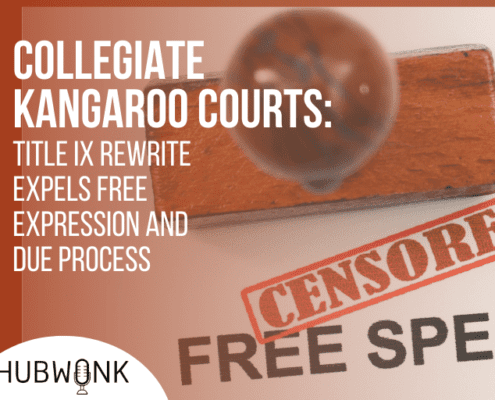
Collegiate Kangaroo Courts: Title IX Rewrite Expels Free Expression and Due Process
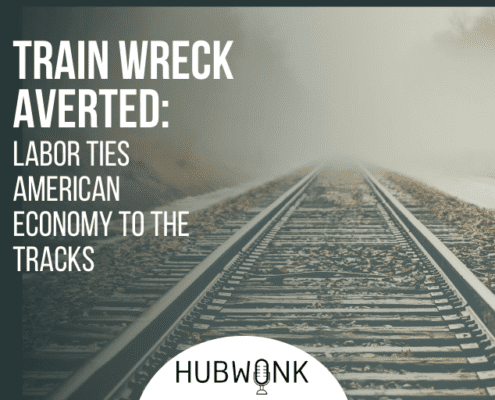
Train Wreck Averted: Labor Ties American Economy to the Tracks
